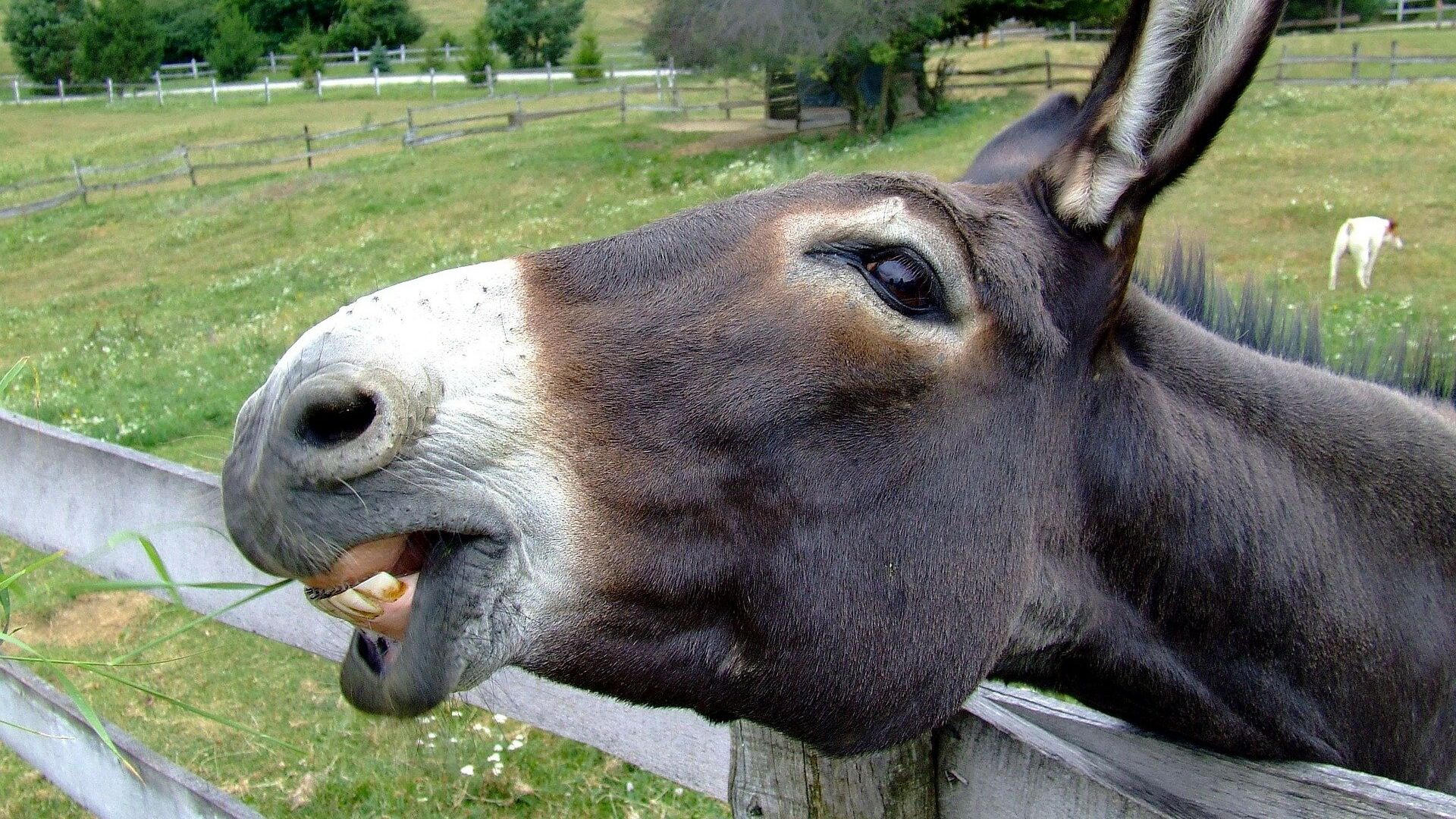Authorities in the Indian state of Andhra Pradesh have initiated a probe in connection with the alleged consumption of donkey meat based on the myths that it can heal back pain, asthma, and increase a person's sex drive.
On condition of anonymity, a senior Andhra Pradesh police official told Sputnik that they have been getting a lot of complaints from animal activists regarding donkey slaughtering.
"People believe in false news and we are going to take serious action against people indulging in donkey meat trading. Unnecessary misconceptions make people drink milk and eat donkey meat", the official said.
As per the Food Safety and Standards Authority of India (FSSAI), donkeys are not registered as "food animals". Per clauses 428 and 429 of the Indian Penal Code under the Prevention of Cruelty (slaughtering) 2001 Act, the killing of mules is a punishable crime.
According to animal activists, the practice of eating donkey meat is believed to have originated in the Prakasam district, a notorious hub of thieves at one time.
"In the region, there was a myth that drinking donkey blood would allow an individual to run faster, a trait much wanted by thieves", animal welfare activist Gopal R. Surabathula said.
"It is also believed that donkey meat heals back pain, asthma, as well as work as an aphrodisiac substance that increases sexual desire, sexual attraction, sexual pleasure, or sexual behaviour", he added.
Due to these myths donkey meat is in high demand in Andhra Pradesh and neighbouring states and its price has increased.
One kilogram of donkey meat costs INR 600 ($8.20), while a fully grown animal can be purchased for INR 15,000-20,000 ($205-$270).
Surabathula, while speaking to local media, said "the state [Andhra Pradesh] government must protect the donkeys. Law enforcement agencies must save the donkeys from being killed. Otherwise, people will have to go to the zoo to see them [donkeys]".


